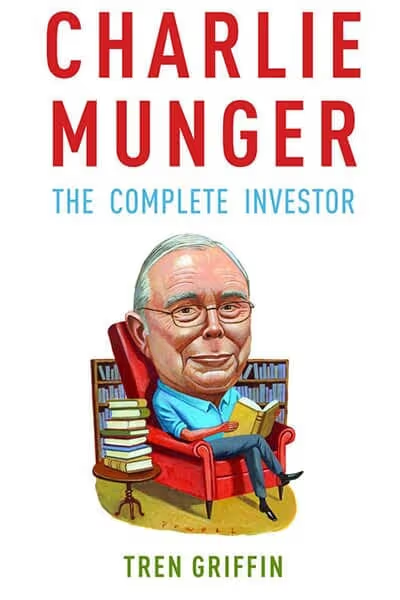Everything Flows
Vasily Grossman's ultimate memorial, written after the Soviet authorities banned his masterpiece, Life and Fate, is Everything Flows. The fundamental plot is straightforward: Ivan Grigoryevich gets liberated from Soviet camps after thirty years and must battle to find his place in an unfamiliar environment. But Ivan's story is just one of many in a novel that tries to capture the entire misery of Soviet history. As a result, we learn of Ivan's cousin, Nikolay, a scientist who never allowed his conscience get in the way of his job, and Pinegin, the informant who got Ivan transported to the concentration camps.
The narrative is then interrupted by a wonderful little play in which a series of informers come forward, each offering reasons for the unacceptable things he did—inexcusable and yet, the informers argue, understandable, almost inescapable in Stalinist Russia. The story of Anna Sergeyevna, Ivan's sweetheart, who recounts about her eager involvement as an activist in the Terror famine of 1932–33, which killed three to five million Ukrainian peasants, lies at the heart of the book. Everything Flows reaches a level of unfathomable clarity comparable to Dante's Inferno's last cantos.





















































